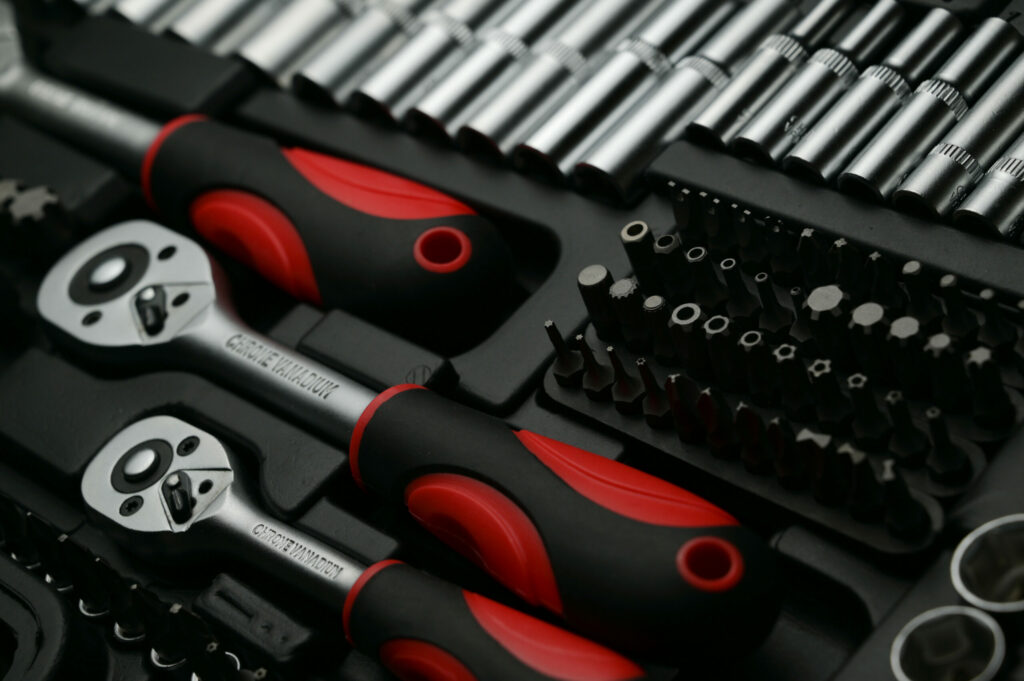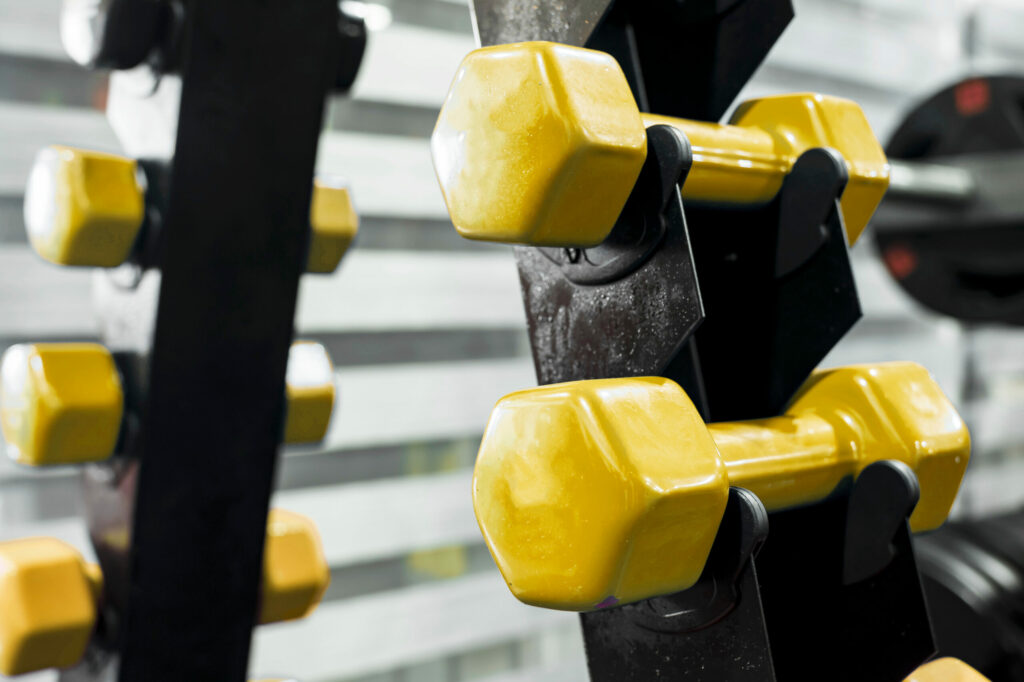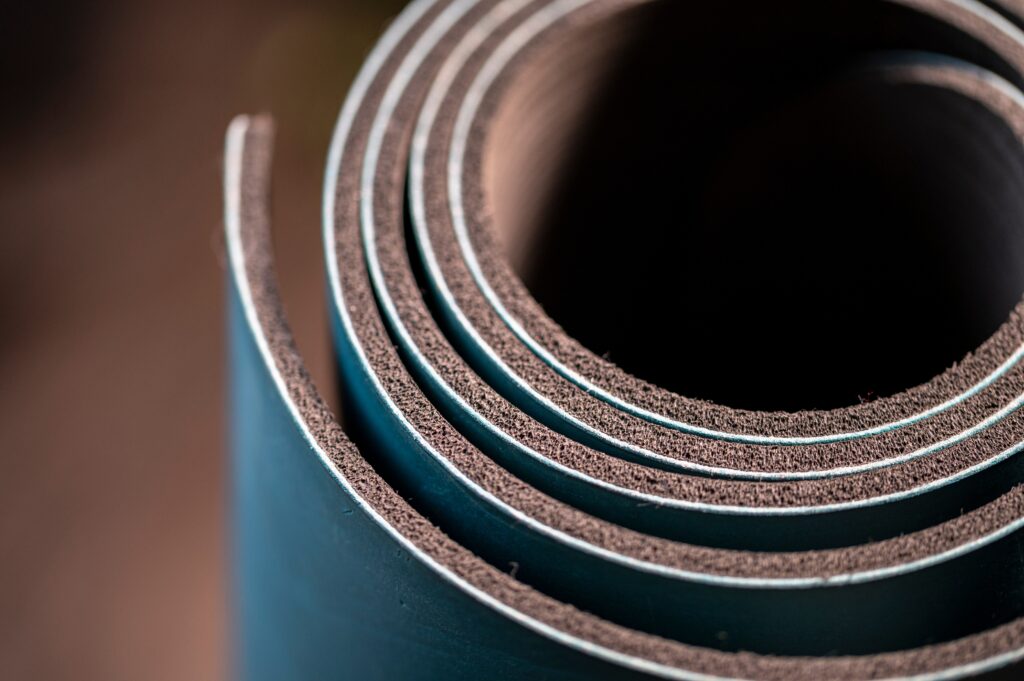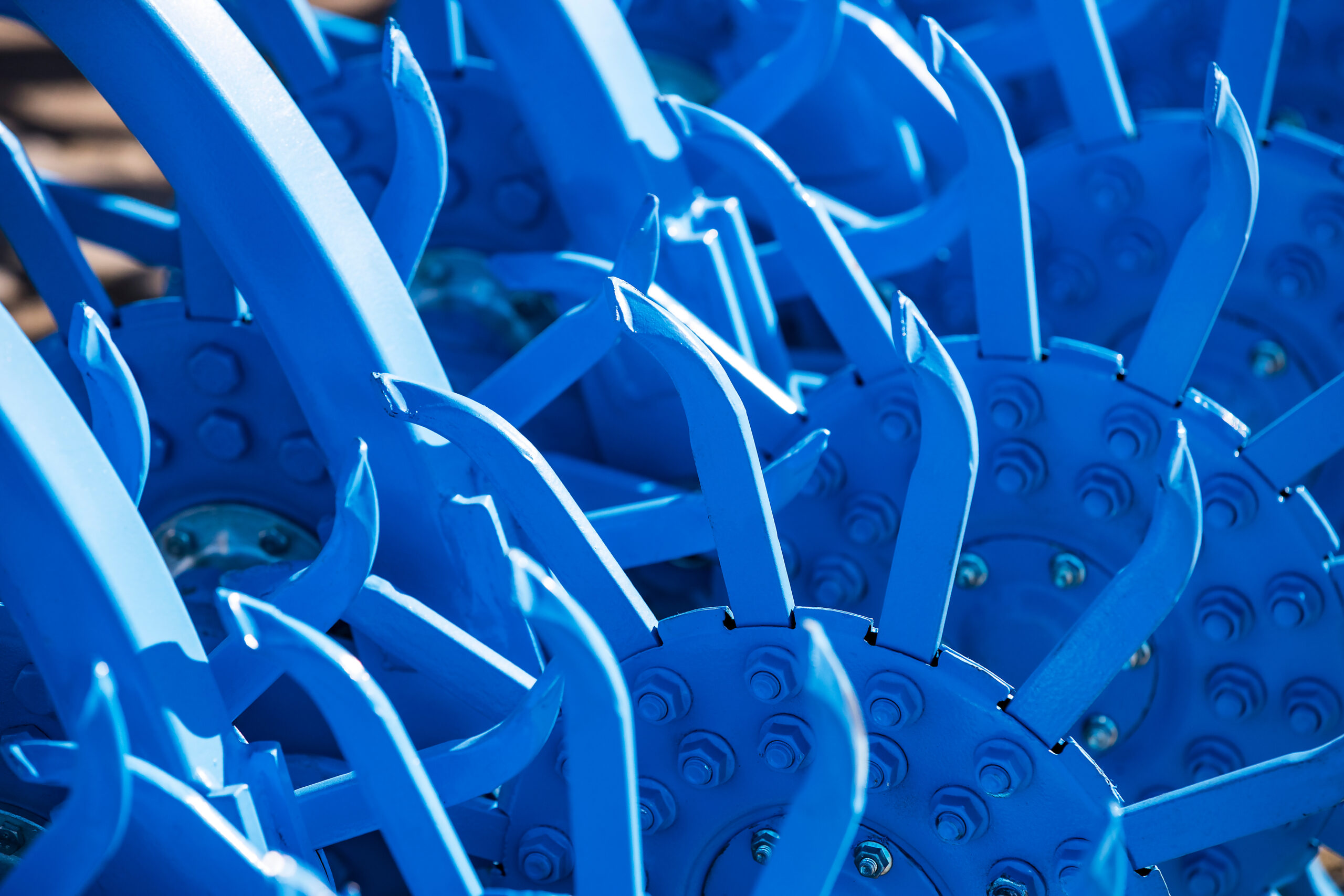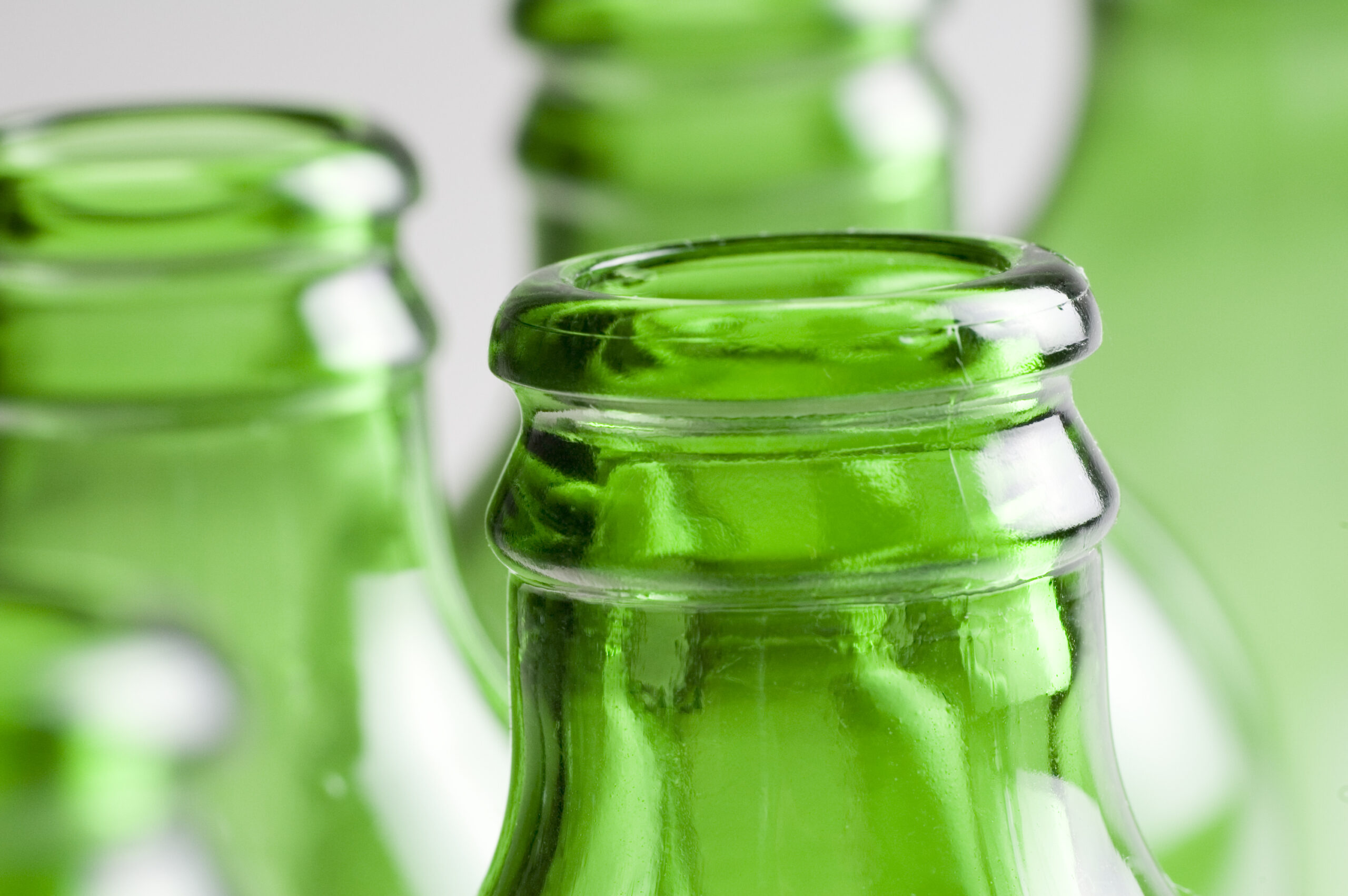PLASTISOL
spezialisierte materialien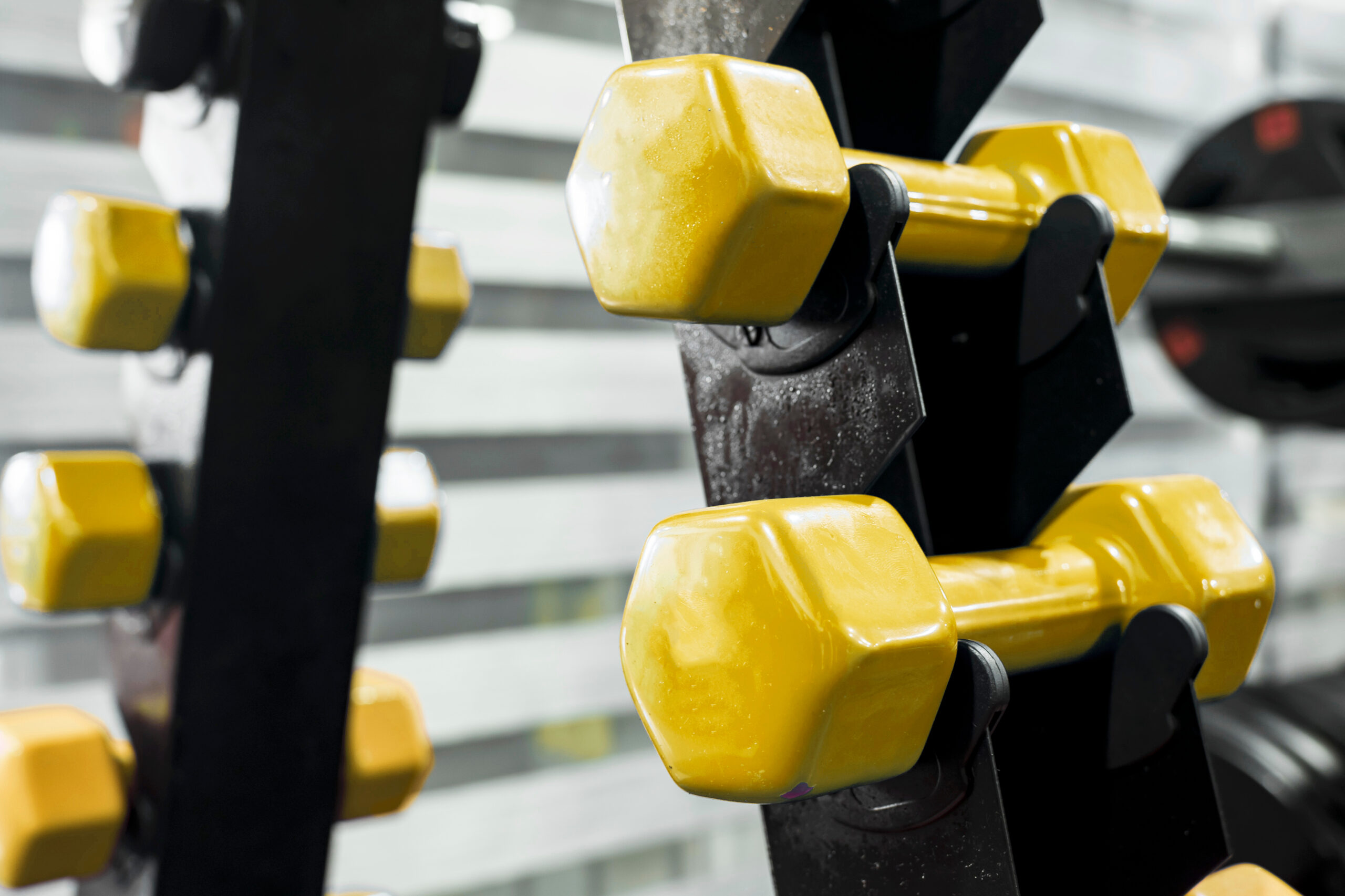
OVERVIEW
DAS FLÜSSIGE VINYL SPEZIALMATERIAL
Viele Produkte des täglichen Lebens benötigen Eigenschaften wie Langlebigkeit, Funktionalität und hohe Leistung. Daher benötigen Hersteller beim Gießen oder Beschichten vielfältiger Produkten oft mehrere physikalische Eigenschaften sowie hohe Beständigkeit.
PLASTISOL ist Vinyl in flüssiger Form, das durch Wärme zu einem festen Endprodukt ausgehärtet wird. Fachgerecht ausgehärtetes PLASTISOL zeichnet sich je nach seiner jeweiligen Zusammensetzung eine Vielzahl physikalischer Eigenschaften aus.
WIE FUNKTIONIERT DAS?
PLASTISOL ist eine flüssige Dispersion von PVC-Harzen in Kunststoffweichmachern. Die Formulierung wird entsprechend den Verarbeitungsparametern, Endanwendungen und gewünschten Produktspezifikationen spezifisch angepasst. Aufgrund der Verfügbarkeit zahlreicher Rohstoffadditive ist PLASTISOL ein äußerst vielseitiges Polymer.
WICHTIGSTE EIGENSCHAFTEN
- Die Zusammensetzung kann für eine breite Palette von Marktanwendungen und Verarbeitungsmethoden angepasst werden
- Optimiert für Anwendungen wie Tauchbeschichtung, Tauchformung, Rotationsformung, Slush-Molding, Schmelzklebstoffe, Druckfarben, Textilbeschichtungen und Klebstoffe.
- Wirkt bei einer Vielzahl von Endprodukten als schützende, funktionelle und dekorative Beschichtung mit zahlreichen Beständigkeitseigenschaften.
- Lösungsmittelfrei und mit einem geringen Anteil an flüchtigen organischen Verbindungen (VOCs) formuliert
FARBOPTIONEN
FARBREFERENZTABELLE
Lassen Sie sich von einer breiten Palette von Standardfarben inspirieren.
Fordern Sie ein RAL-Fächerdeck an oder kontaktieren Sie einen unserer Spezialisten.
KUNDENSPEZIFISCHE FORMULIERUNGEN
Sprechen Sie mit Ihrer zuständigen Fachperson über individuelle Formulierungen, die Ihren Anforderungen genau entsprechen
RESOURCES
KONFORMITÄTSANFORDERUNGEN
Die Formulierung von PLASTISOL kann so angepasst werden, dass es bestimmten Richtlinien erfüllt.
Fragen Sie unsere Spezialisten nach den verschiedenen Arten der Konformität, Zertifizierung oder Akkreditierung, die für Ihr Produkt verfügbar sind.
BEWÄHRTE LEISTUNG
PLASTISOL kann auf Wunsch auf verschiedene Produkteigenschaften getestet werden:
- Zugfestigkeit
- Verschleißfestigkeit
- Dehnung
- Dichte
- Geliertemperatur
- Schwerentflammbarkeit
- Mahlfeinheit
- Glanz
- Viskosität
- Dielektrische Festigkeit
- Härte
- Bindungsstärke
- Wärmealterung
- Phthalate
APPLICATIONS & USES
Dip Coating
Dip coating is a process by which substrate material is submerged in conformal coating, then taken out and allowed to drip dry. Once the excess coating has drained, the substrate material is further dried using one of a variety of techniques.
CONSUMER GOODS & APPLIANCES
- Wire Items
- Glove Coatings
COMMERCIAL & INDUSTRIAL
- Latches & Levers
- Handles
- Tools
- Chains
Dip Molding
Dip molding is a process that’s used to create products or parts with a hollow interior. It involves submerging a mold in a bath of heated PLASTISOL and allowing it to cool. Once cooled, the hardened exterior is separated from the mold. Because the mold fills the space inside the plastic, dip molding creates products or parts with a hollow interior.
CONSUMER GOODS & APPLIANCES
- Grips
- Plugs
- Bellows
- Sleeves
- Closures
- Fishing Lures
Hot Melt
This PLASTISOL application involves heating to a molten state, and either poured or injected into a cold or room temperature mold. When cool, the hot melt is transformed into a soft, rubbery product, at which time the finished part can be removed from the mold.
ARCHITECTURAL
- Artificial Stone Wall
- Fishing Lures
Rotational Molding
Rotational molding, commonly referred to as roto-molding, is an application technique used to produce large hollow, seamless, and double-walled parts. It is a three-stage process that involves a mold on a rotating frame, a heating chamber, and a cooling chamber. Rotational molding is a non-pressure molding process, which makes the tooling of the molds less expensive since they do not have to endure the stress of being pressured
CONSUMER GOODS & APPLIANCES
- Toys
- Boat Fenders
- Sports Balls
- Mannequins
- Novelty Items
Slush Molding
The basic process of slush molding involves exposing a hollow mold to heat, filling a hollow mold with PLASTISOL, gelling an inner layer or wall of PLASTISOL in the mold, inverting the mold to pour out the excess liquid plastisol or unfused powder compound and then heating the mold again to fuse the vinyl compound which remains in the mold. The mold is then cooled, and the finished part is removed. Slush molding can be a simple hand operation for limited production, or an elaborate conveyorized system for long runs.
CONSUMER GOODS & APPLIANCES
- Boots
- Masks
- Toys
Casting & Adhesives
The same techniques used in dip molding and dip coating can be utilized to cast solid objects made of PLASTISOL. Sharing similarities with injection molding, PLASTISOL is poured into a mold and heated to cure. The process is highly customizable including cutting out shapes and adding adhesive backings.
CONSUMER GOODS & APPLIANCES
- Air Filters
- Mats
COMMERCIAL & INDUSTRIAL
- Ceramic Tile Dot Mountings
Foam Molding
PLASTISOL foam molding can be used for a variety of applications. It be used in a variety of processes including hot dipping applications, open and closed molds, and roll coating. Upon fusion, the finished product will have chemically expanded open or closed cells. Foam products can also be produced by mechanical frothing.
CONSUMER GOODS & APPLIANCES
- Air Filters
- Mats
- Grips & Tools
- Textiles
Spray-On
PLASTISOL can also be spray applied and then heated to form a protective or decorative coating. This process is usually reserved for large or dimensionally challenging objects which are too large or unwieldy to coating with other processes.
COMMERCIAL & INDUSTRIAL
- Tank Linings
- Battery Trays
Customized
PLASTISOL is a fully customizable solution, from color, formulation, properties, and characteristics.
Ask an expert for all your PLASTISOL compound requirements
